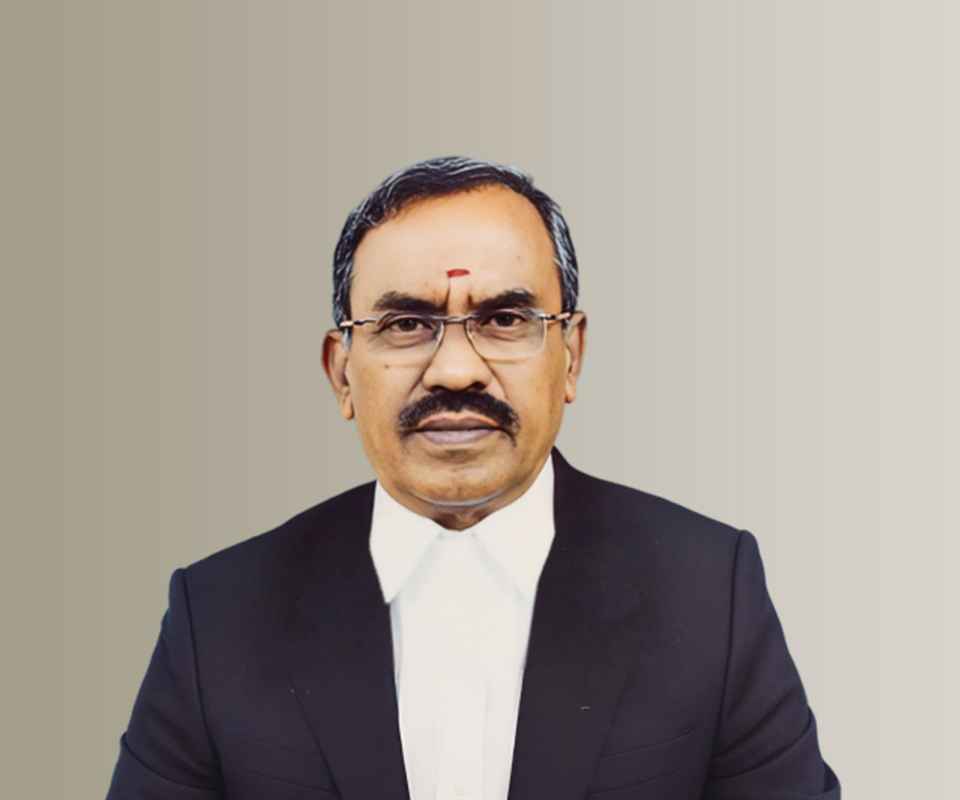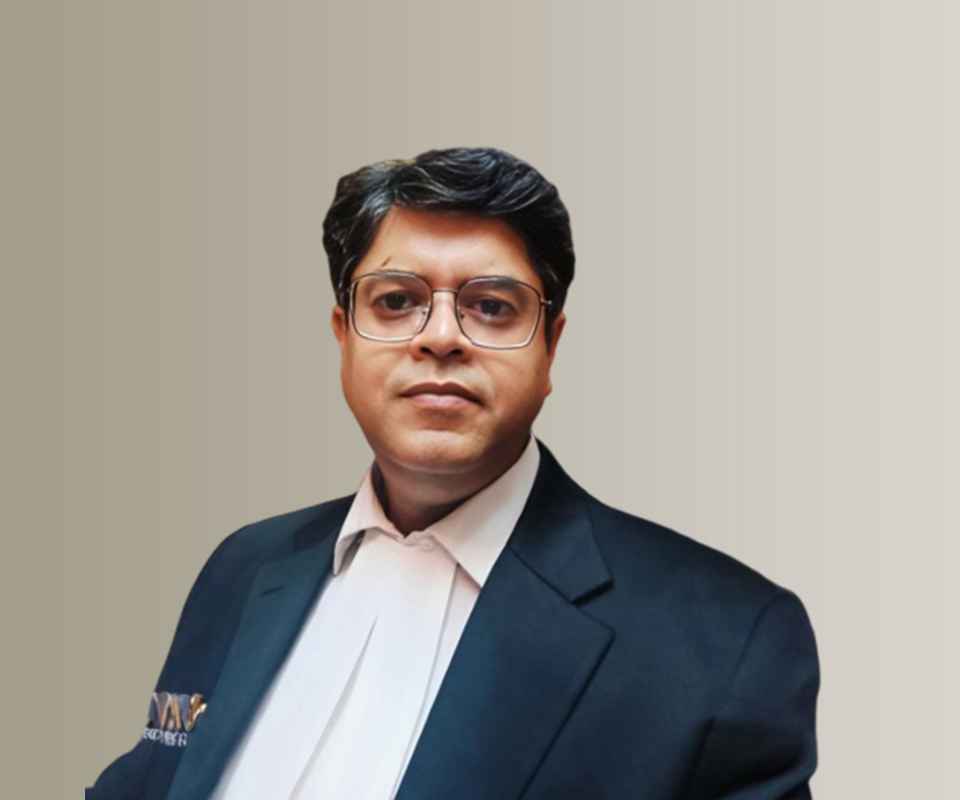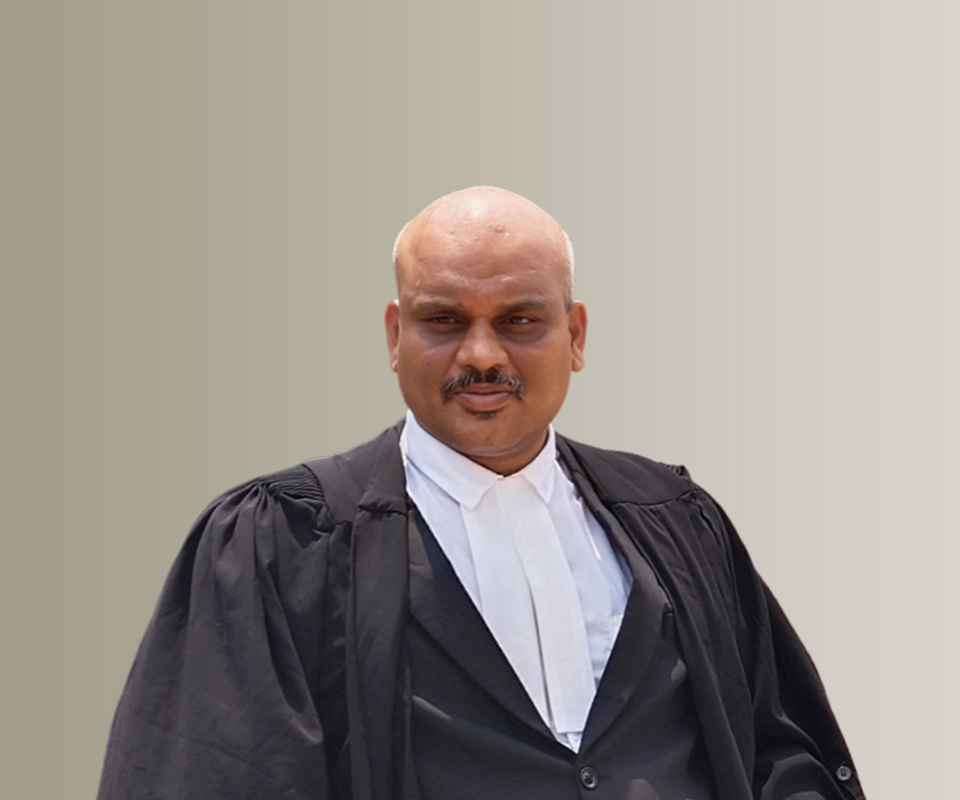Answer By law4u team
Constitution Of India Article 88: Rights of Ministers and Attorney-General as respects Houses
Every Minister and the Attorney-General of India shall have the right to speak in, and otherwise to take part in the proceedings of, either House, any joint sitting of the Houses, and any committee of Parliament of which he may be named a member, but shall not by virtue of this article be entitled to vote.
Brief Detail
Article 88 grants Ministers and the Attorney-General of India the right to participate in the proceedings of either House of Parliament, joint sittings, and parliamentary committees. However, they do not have the right to vote in these proceedings.
Question & Answers
What rights do Ministers and the Attorney-General have under Article 88?
They have the right to speak and participate in the proceedings of either House, joint sittings, and committees, but without the right to vote.
Can Ministers or the Attorney-General vote in parliamentary proceedings?
No, they do not have the right to vote by virtue of Article 88.
Example
For example, a Minister may provide insights and discuss bills during parliamentary sessions or committee meetings, but they cannot cast a vote.
Summary
Article 88 allows Ministers and the Attorney-General of India to participate in parliamentary discussions and proceedings but excludes their voting rights.







